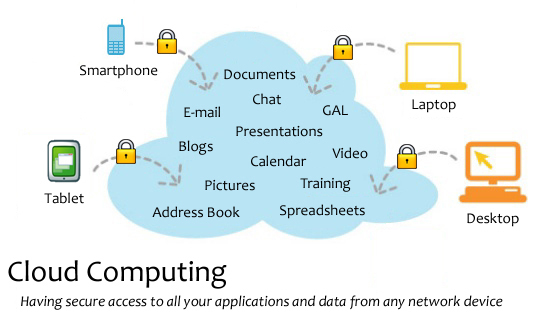Open Source software is secure and of high quality. Everybody who tells you differently doesn't really know what he is talking about.
I was just reading the article "The risk of using Open Source Project Management Software" on blog.projectmanager.com. I'm sorry, but I totally disagree! This seems to be someone who has never seriously worked with Open Source Software. I don't even know where to start at. Let's first establish common ground: There's plenty of Open Source Software out there. I'm going to referen to well established projects. Projects that have a large community that contributes code to the project. I'm not talking about a small niche SourceForge project with a handful of developers. Since I know Drupal, let's take OpenAtrium (Drupal based solution).
Open Source Software doesn't care about privacy? Are you kidding me?
Projectmanager.com wrote:
Since the open source project management software is open and available for anyone to look inside to see just what type of programming is there, it is the responsibility of the user to do so. If there are programs inside the software are made to send back information to the creator of the program, you need to know this. Most of the time this type of sub routine is written to help the creator of the program to improve their product.
Yeah right. And just because you can't see it in closed source software it doesn't happen? You will need tools like package sniffer to find out what kinds of data the closed source software is reporting home. Aren't they just as interested in how their software is being used? That information is just as valuable to them. The difference. You can either accept it and buy it or leave it (if you actually figure out).
I actually wrote once an open source module for Drupal that was reporting back to me (just that it has been installed). After two months I received an e-mail from Drupal's security advisor team to kindly remove that line of code. Can you say the same thing about a closed source software? I hardly believe so (especially if it's a hosted solution!).
Open Source Software is unstable and needs testing
Projectmanager.com wrote
One of the leading reasons the open source project management software is available for free on then internet is when the creator of the program is looking for help developing the program or looking for guinea pigs to help test it out. These are the two leading reasons since the internet has been a functioning tool for the software business.
At least that way you know it gets tested ;). So basically they are saying that Open Source software is buggy. Yeah right. I'm thinking of Sharepoint 2010 it's not exactly what I call a bug free software. How many times has Windows crashed (it has gotten a lot better with Windows 7). So this is not really valuable. Any software has bugs, but with Open Source Software they are found and fixed quicker.
What are the leading reasons for open source software?
- Higher securiy (more eyes looking at the code)
- Higher quality (more eyes looking at the code and better modularized)
- Flexibility (you get lots of input from different developers)
- Lower development costs
Open Source Software is Insecure? Are you kidding me?
Yes it's true. Anybody can have a look under the hood. Everybody will see when the coding is crap and insecure. It's open for everyone. Drupal has a security advisor team. If anybody sees a whole in the code he can submit a ticket to the that team. They will then inform the maintainer to fix it. If it doesn't get fixed in time the module will get disabled for downloading. Every software that gets written has bugs/security issues. That's a fact.
Now tell me. Who will find more bugs? A bunch of developers sitting in the same place or thousands of developers scattered all of the globe? Tell me, which software is more secure.
Conclusion
This is a typical management view at open source software. Looking at the shiny marketing brochure of closed source software and being convinced by some sales babble. If I had the choice between Open Source Software and Closed Source Software I would much rather take the Open Source version and spend the money I can save on licenses on making the software do exactly what I want it to do. With all the other solutions you will have to live with the sentence: "So this is what xyz can do out of the box, if you need functionality abc this is going to cost you z $" (and that z amount of $ will always be higher than in an open source project, because in open source software you have actually people who know the software by heart!
I think I should write a post on all the advantages of Open Source Software!
I'm sure the software of projectmanager.com is good, but please don't write that marketing crap about closed source software being better!


